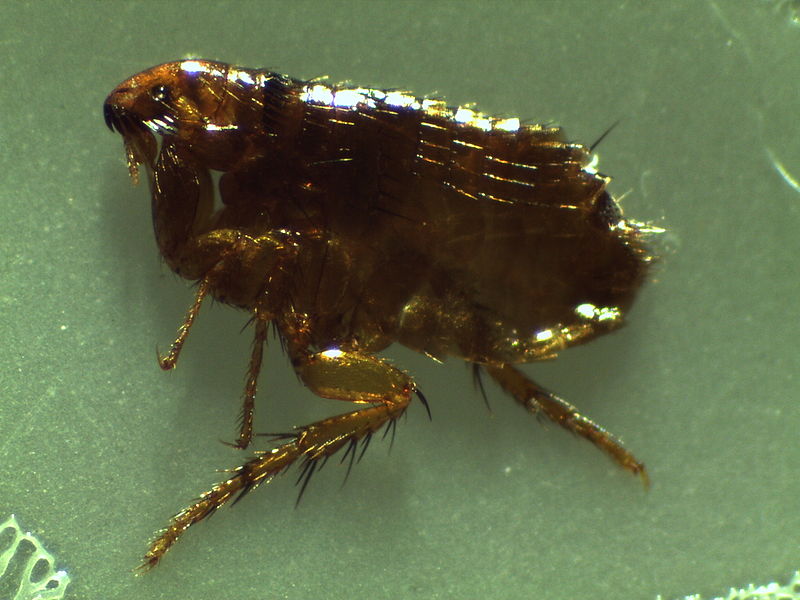It’s downright frustrating when you spend $40-$60 on an expensive flea treatment medicine from your local pet supplies store only for it to have little-to-no effect on their fleas. The problem might subside for a couple of days, but then it goes back to normal with your pet itching and scratching their fur right off. But why isn’t your pet’s flea treatment medicine working?
Wrong Dosage For Your Pet’s Size
Most flea treatment medicine is sold in various sizes, which are based directly on the weight of your pet. Frontline Plus, for instance, is available in a small dog formula (0-22 pounds), medium dog formula (23-44), large dog formula (45-88), and an extra large dog formula (88+ pounds). The ingredients are typically the same, but the actual amount in each dose varies between the different sizes.
If you aren’t sure of your dog’s size, take a moment to weigh them before purchasing any new flea treatment medication. To weigh a dog on a “normal” scale, first weigh yourself and then step back on the scale while holding your dog. Subtract the first number from the second to determine your dog’s weight.
Bathing Your Pet Before and/or After Application
Another reason why some flea treatment medications fail to work is because the owner washes their pet before applying it. This may not seem like a problem, but it can significantly reduce the effectiveness of certain medications. A good rule of thumb is to avoid bathing your pet for at least 72 hours before applying flea treatment medicine.
To understand how bathing affects the performance of flea medication, you must first look at the actual medication. Most of the premium brands of flea medication don’t kill fleas on contact, but instead, they release a chemical into the pet’s body, which is then released by the pet’s natural skin oils. When a flea comes into contact with the pet’s skin oil, they’ll die.
Doesn’t Kill Eggs
You might be surprised to learn that 50% of a typical flea infestation’s population consist of eggs. If you’re only treating the adult fleas and not the eggs, you’re leaving tons of these blood-sucking pests untreated. Once they hatch — and they will — you’ll see plenty of full-sized fleas roaming your home yet again.
The bottom line is that you should only purchase and use medicine that’s designed to treat fleas at all stages of their life cycle; otherwise, you’re only masking the problem temporarily.

